There are so many ways to be full in Italian.
I keep a tiny notebook in my backpack where, usually, at midday, I make small language notes for myself. This is typically done in the Sprachcaffe before I begin my east coast shift at 2 pm. The notebook was begun in 2012, and has stayed with me. It is not at all organized, and tends to repeat itself in random ways; the name and contact information of an Italian friend with whom I struck a short-lived language exchange is carefully lettered and inked on the back fly page.
Apparently I have been trying to work out comunque, quindi, and ormai for years, like a minor trauma in a repetitive dream.
As a language student for years, I can attest that it’s the little words, the odds and ends and bits, that most commonly elude. They are also the words that, when correctly deciphered and understood, are most useful.
Magari.
Meistens.
Ojala.
No niin …
Let’s move on to ways one can be full in Italian:
Pieno – full in a general way, when the number of things may or may not be countable, or you can’t be bothered to count them, as they are too numerous
Completo – full when there is a finite number of countable spaces
Or closely related and equally interchangeable, ways to complete or compute:
Compiuto – completed, as in, Ho compiuto 43 anni quest’anno.
Calcolato – computed or calculated.. or arranged, as in a plan, tutto calcolato.
We have an ongoing conversation, Jason and I, about Italian language. I’ve always been a language student who delighted in language and in learning language. From the time I began sitting in Spanish class at 6:30 am 3 days a week in Edmond with my younger brother Cory in 1983, through a master’s in Spanish in 2008 and the present day, it’s been my catnip. Impossible to here recount in detail, but as far as the languages I have taken, and for how long, here is a list:
- *Spanish – 4 high school, 4 college, 3 graduate years, plus exchange in Spain
- *French – 3 semesters plus a year in uni in France
- *German – a year in France
- *Latin – 3 semesters in uni
- *Norwegian – a year in Seattle
- *Finnish – a fall in Seattle
- *Arabic – a spring in Seattle
- *Greek – a mere dip
- Icelandic – dilettante but supported curiosity – thanks, Bjork
- Danish – ibid.
- Swedish – ibid.
- Hungarian – ibid.
- Hebrew – ibid.
- Portuguese – joyful travels
- Gallego -well, that year in Santiago
Languages where at one time or another I have actually received formal classroom instruction are starred. As an immigration professional for years, my language bug greased the wheels of many a client or advisee conversation as I tried to show respect with a “hello” and “thanks” in any number of languages, such as Hindi, Tamil, or Romanian. Or more.
I started coming to Italy in 1995. That first time, I hadn’t even lived in France yet, and it was like being on Mars with shades of Latin, Spanish Empire, Galicia, Mexico, Carlos Quinto. I returned to Italy from Strasbourg for les vacances d’hiver in February 1996 and everything suddenly made more sense. A bit. I remember especially a day in Verona with two Roman laborers, and much shoestring Italian over lunch and dinner. It worked. I could do it. But my expectations were low, and, Roman laborers, well. … an easy audience.
I did not return to Italy between 1996 and 2004. I’ve been coming every year, more or less, since then, for short and long trips, mostly in summer, as well as the year in Arezzo.
I have never taken Italian.
How did this happen? and why?
Italian is like a person I see all the time and take for granted. Like, I see him at the busstop all the time, but we don’t really talk. I keep hoping we strike up a friendship, but it’s tough. My expectations are unrealistic. I hope for too much! I’m shy! He intimidates me! He’s cute, and dresses really well. He’s friendly enough, but doesn’t seem to want to talk to me so much. He’s got stuff to do. He has funny jokes that whizz by me. I hate not understanding the funny parts.
 |
Ciao ragazzi. Avete un momento?… I just have a quick question …
No? ok you seem to be walking really fast …
Va bene… |
And so it goes.
Jason: just talk to Italians. Just talk to them. You’ll learn.
But this kind of learning is very, very hard for me. I haven’t done much of it. Sure, it’s fun when you’re on vacation. But if you live somewhere? And you’re tired and also maybe sick and have a fever and need to complete (what kind of completion is this, in Italian?) a complicated purchase or repair, or some sort of official transaction? What if your babysitter peppers you with instant messages that you barely understand and your phone doesn’t seem to have a simultaneous Italian dictionary for instant messaging? What if you have two kids and a job and a husband who rocks at everything and frankly you don’t have much joyful, playful energy left over for such relaxed and trusting linguistic forays…?
What to do.
Jason: you already rent space in a language school. Talk to them about it. But the kind of instruction they offer is very tourist-oriented, and, I am sure, expensive. I don’t even know what they charge, but they offer very bespoke lessons.
Plus random people roll through my office that stop by to speak with me in Spanish, French, Italian …
I suppose I had hoped I would learn Italian osmotically, but it doesn’t seem to be happening. Or is it? I have no benchmarks, no vocabulary quizzes or grammar exams as I am used to.
On the other hand, three different people yesterday told me that my Italian was bravo, eccelente, etc. But I always feel like I am just faking it with a half-Spanish accent. And to people whose expectations of my communication in Italian are so low as to be easily – very easily! – impressed. Bariste on Piazza della Reppublica. Our landlord’s son-in-law from Milano. People, I suppose, who expect me to sound like a hapless American fresh out of Fiumcino, rather than a crafty and theatrically oriented language lover with a too-convincing accent …

And my two Italian crutches, named Spanish and French, can sometimes do more harm than good. I rely on them a lot. I did. I cast them aside more and more lately as I trade in Italian on face value. Who cares what the Spanish or French say? But the minute I disregard these old, old friends, I am often caught out, and can’t remember anything. Then I find out that the word is very close or identical to either one. Especially Spanish. Vincolo. Vincolato. Scopa. And that’s just from this week.
Spanish and French – come on. Are you in this with me, or not? Can you be helpful without being so bossy with my anterior cingulate cortex?
I feel almost teary when I get to break out the Spanish or French. The words feel so familiar. Old friends! Hello, hola, salut! You make sense to me, and I know I make sense when I say you! Ne partez pas! Quedad conmigo!
Am I too old or tied up to even be trying to learn a new language? It was so, so easy, and fun, when I was 20. I see Victor and Eleanor joyfully sponging it up and I am very happy for them and for us, but also humbled to realize, as Victor might put it, that I am the #4 most Italian speaking person in this family.
Language lovers, learning friends, please weigh in here. I am serious. I know you’re out there, reading this. What do you think? Cosa pensate?
Grazie, gracias, merci, kiitos, a dozen further variations of gratitude.


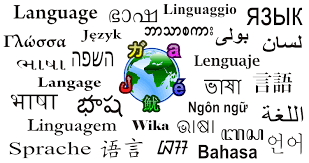




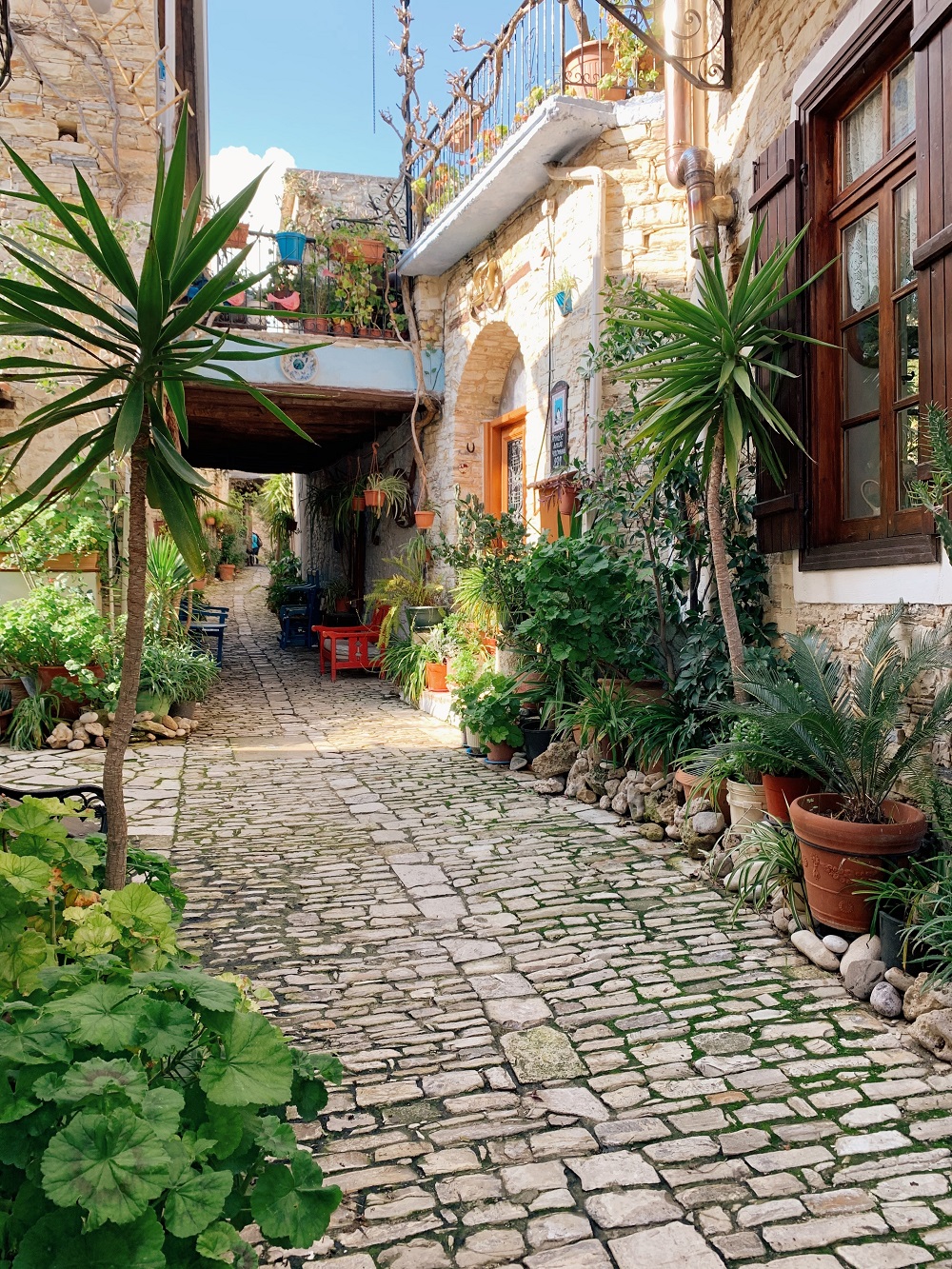
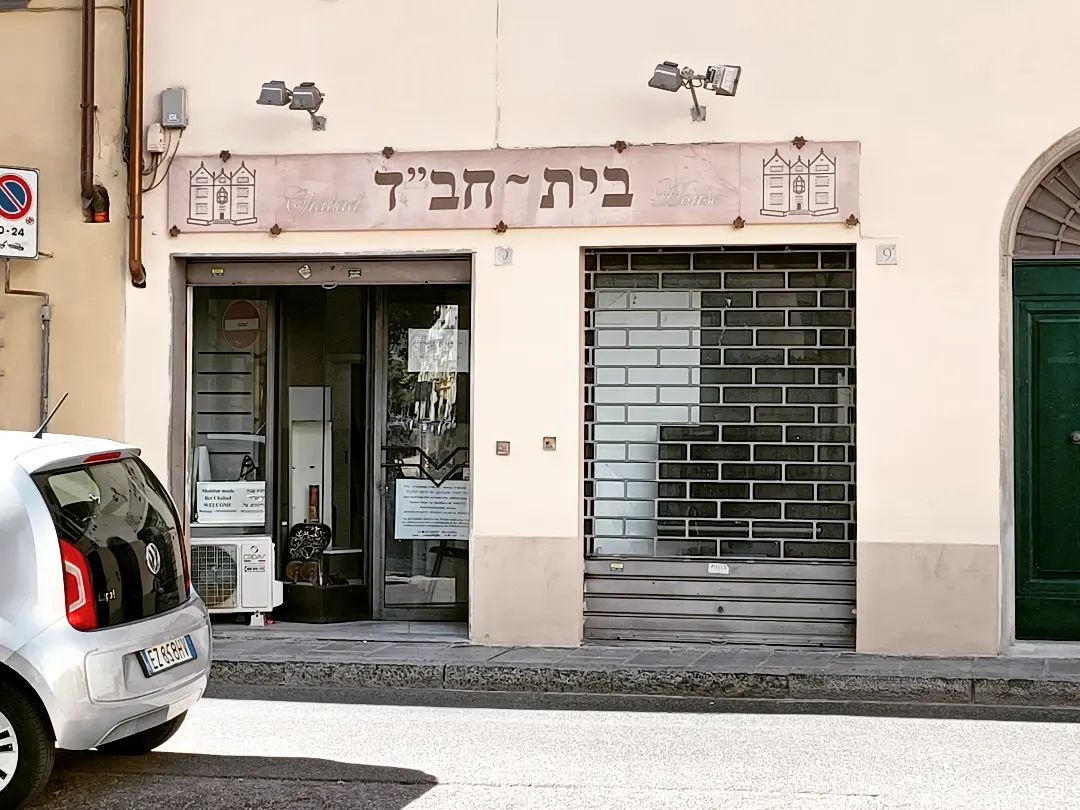

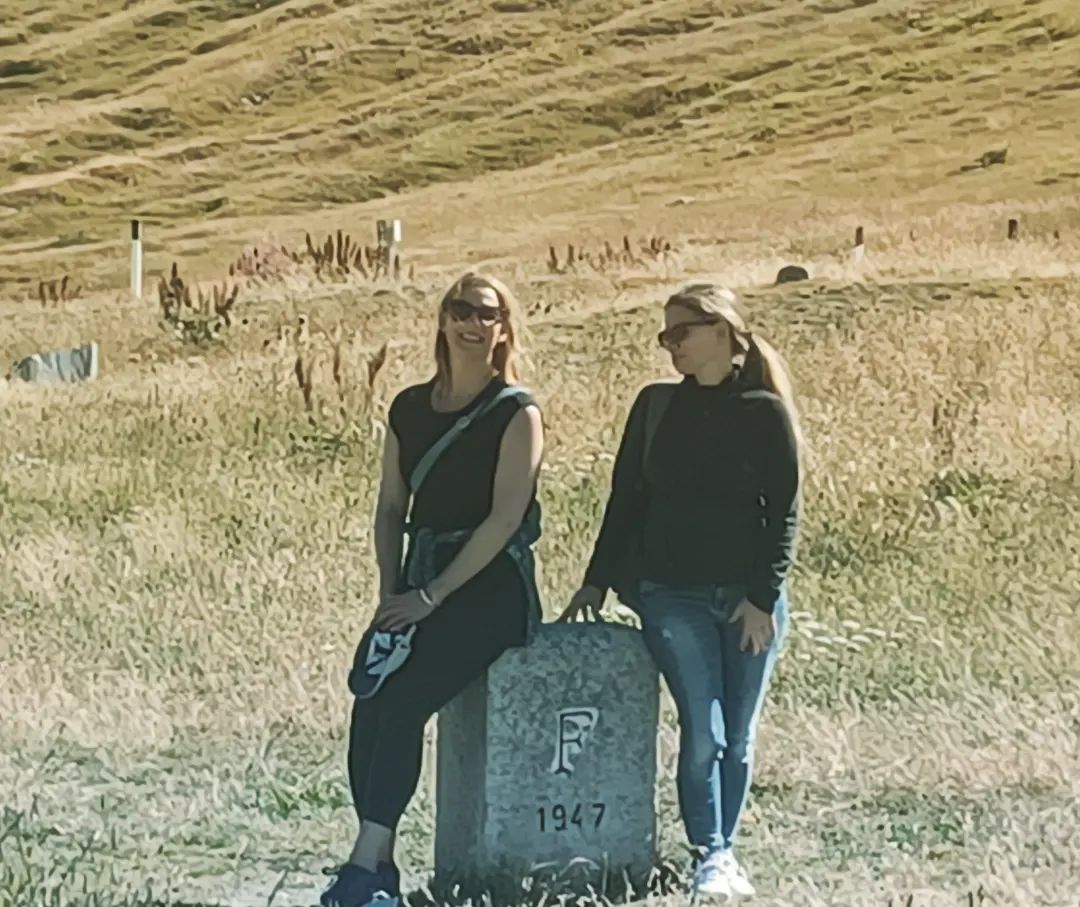
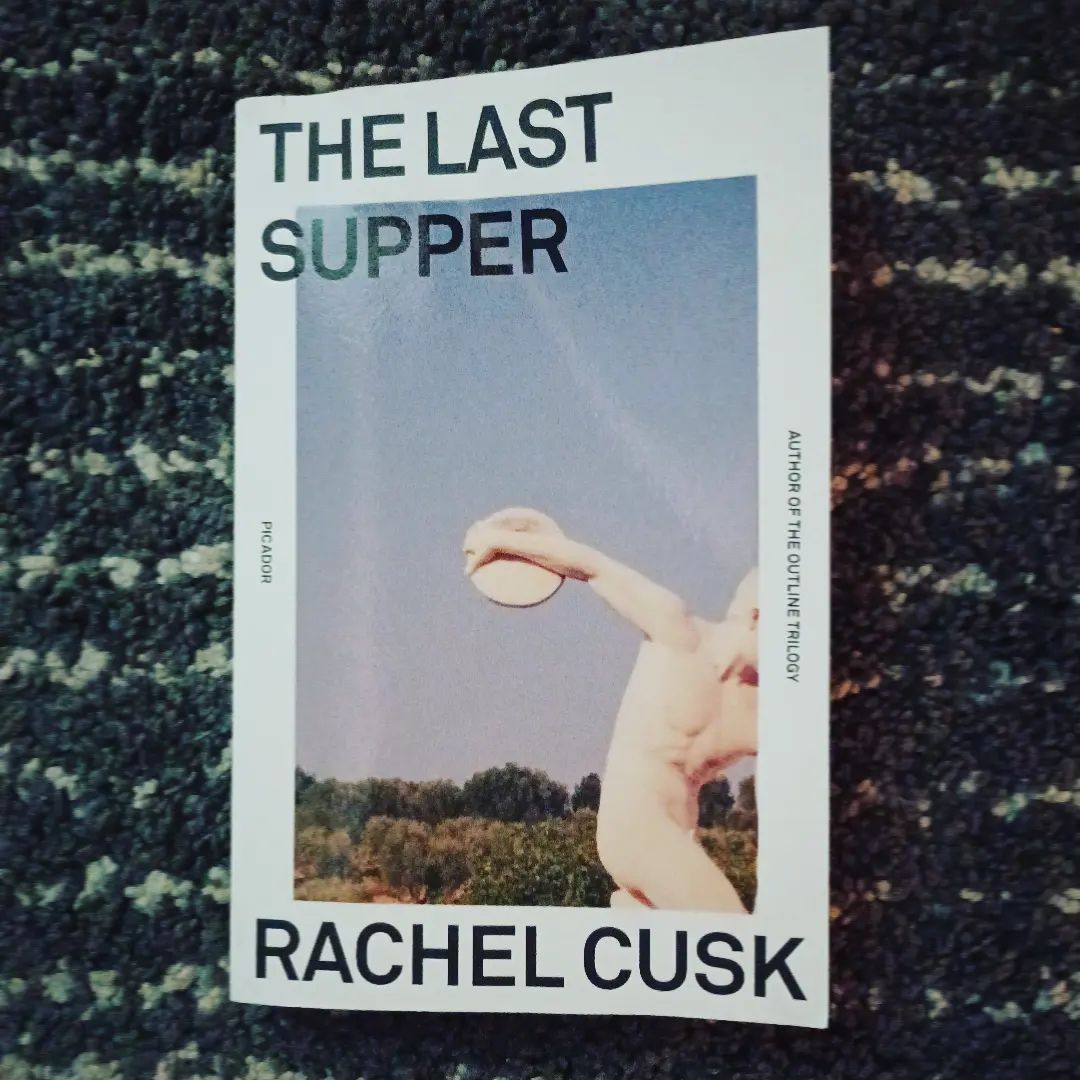
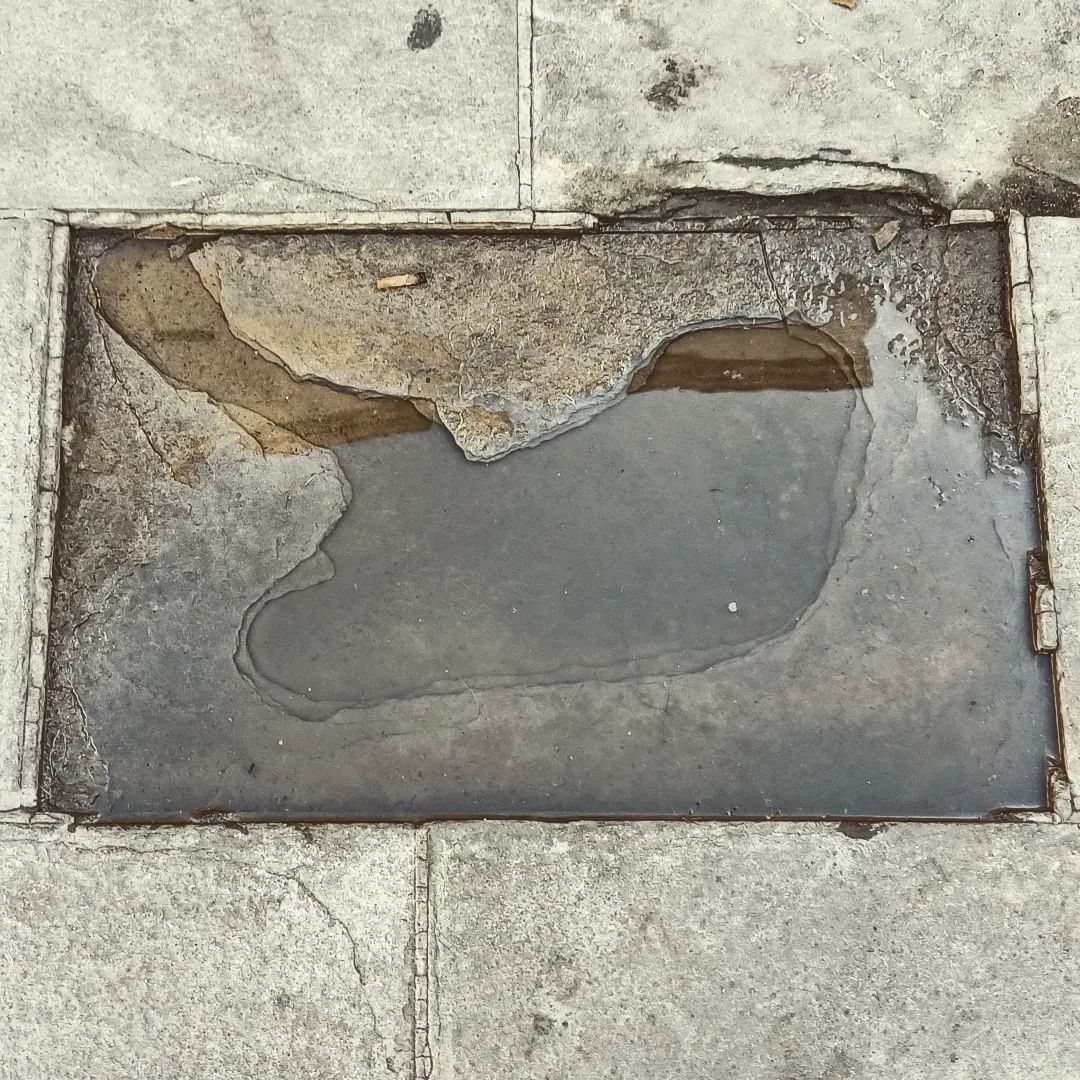
One Response